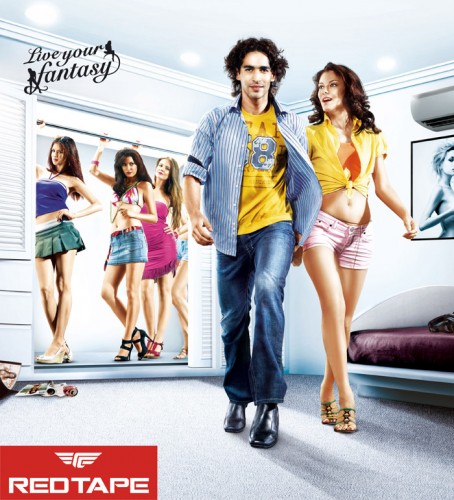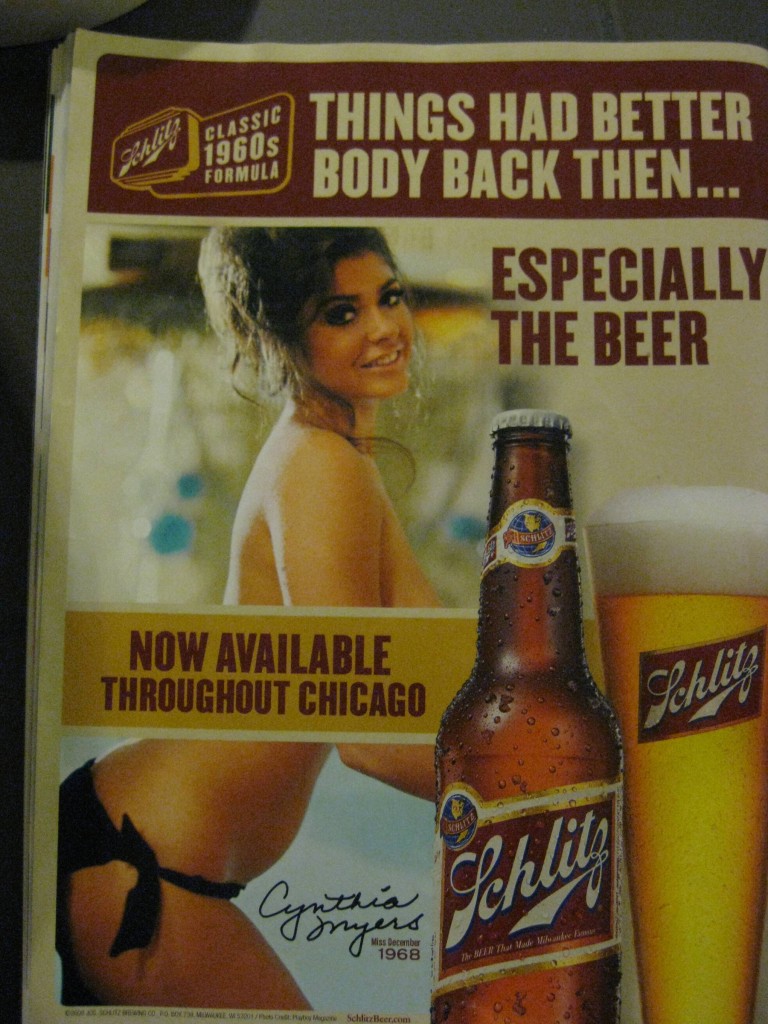This is the lead to an article in the Daily Mail, sent in by Chris W., about the small victories accomplished in 2009 by one “fifty-something” Linda Kelsey. In addition to letting a man see her naked, she lists putting together home-assembly furniture and singing happy birthday in tune:
But back to the stripping. The message she is trying to send is that she feels happy that she’s become more comfortable with her body. She writes:
My fifty-something body, I believed, just wasn’t up to naked scrutiny. And if I couldn’t take my clothes off, that meant sex was also off the agenda.
But then she met someone she liked and yadda yadda yadda.
This is all fine and good, but the image they used to illustrate this particular victory is this:
So the image they used to illustrate her comfort with her body and the fact that “sex is about how we connect, not what we look like” suggests just the opposite. The picture includes two mostly naked models (who are models because they have ideal bodies already); there’s no bodily connection at all and the man’s pose doesn’t suggest emotional connection either.
So women are being told how liberating it is to take their clothes off for men (how convenient for the dudes) and that they should feel comfortable with their bodies, like those young, thin, white, properly-gendered, able-bodied models do.
Now, if good ol’ “fifty-something” Linda Kelsey had posed displaying her newfound body comfort, like she does with her cardboard boxes, it would have sent the message she intended. Instead, it makes us feel bad for feeling icky about our bodies AND reminds us that they are (probably) icky indeed.
P.S.: I just have to say, do you see that picture of her?! She looks fine! What fifty-something woman wouldn’t be pleased with that body?! What woman of any age shouldn’t be pleased with that body? What kind of message does it send when she trashes herbody. She must think most of the population is hideous. We all need to stop trashing our bodies in front of one another, there’s just-about-always someone who ends up feeling worse because they compare their own body to the self-trasher and feel like they don’t measure up even to the body being disparaged. Enough.
Lisa Wade, PhD is an Associate Professor at Tulane University. She is the author of American Hookup, a book about college sexual culture; a textbook about gender; and a forthcoming introductory text: Terrible Magnificent Sociology. You can follow her on Twitter and Instagram.






